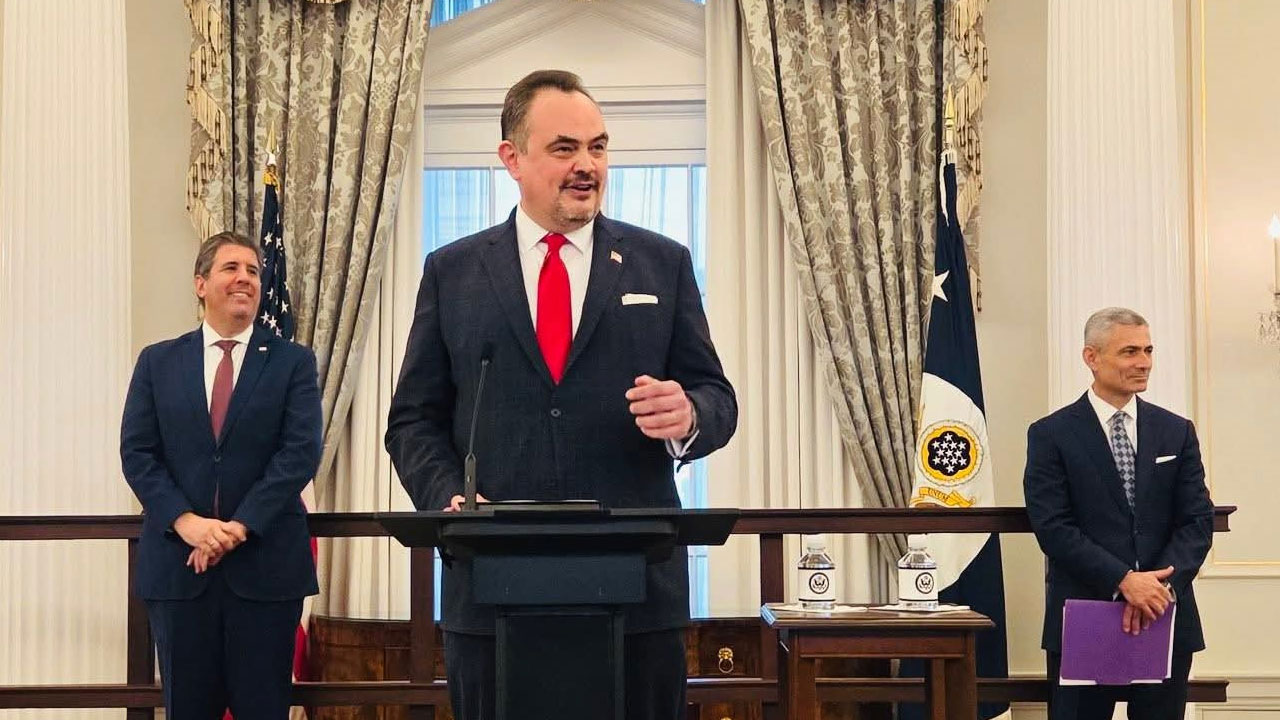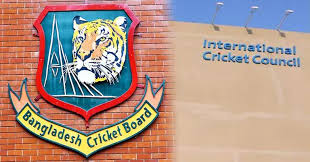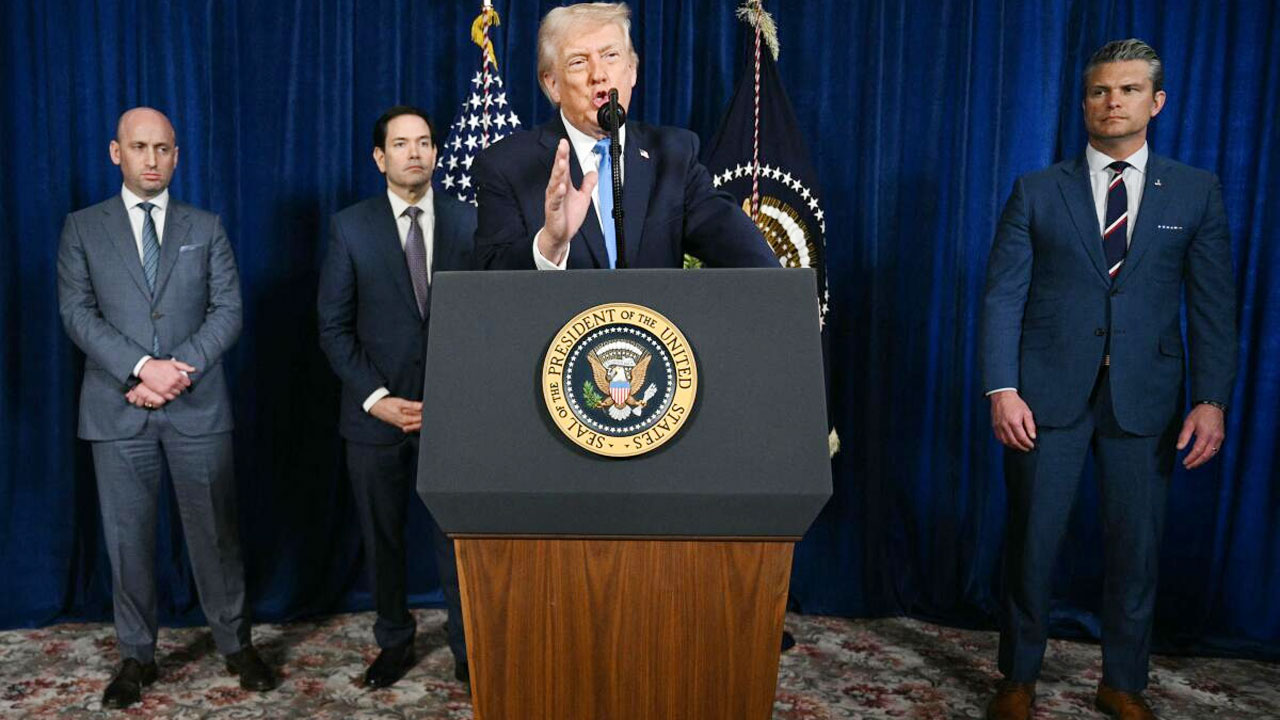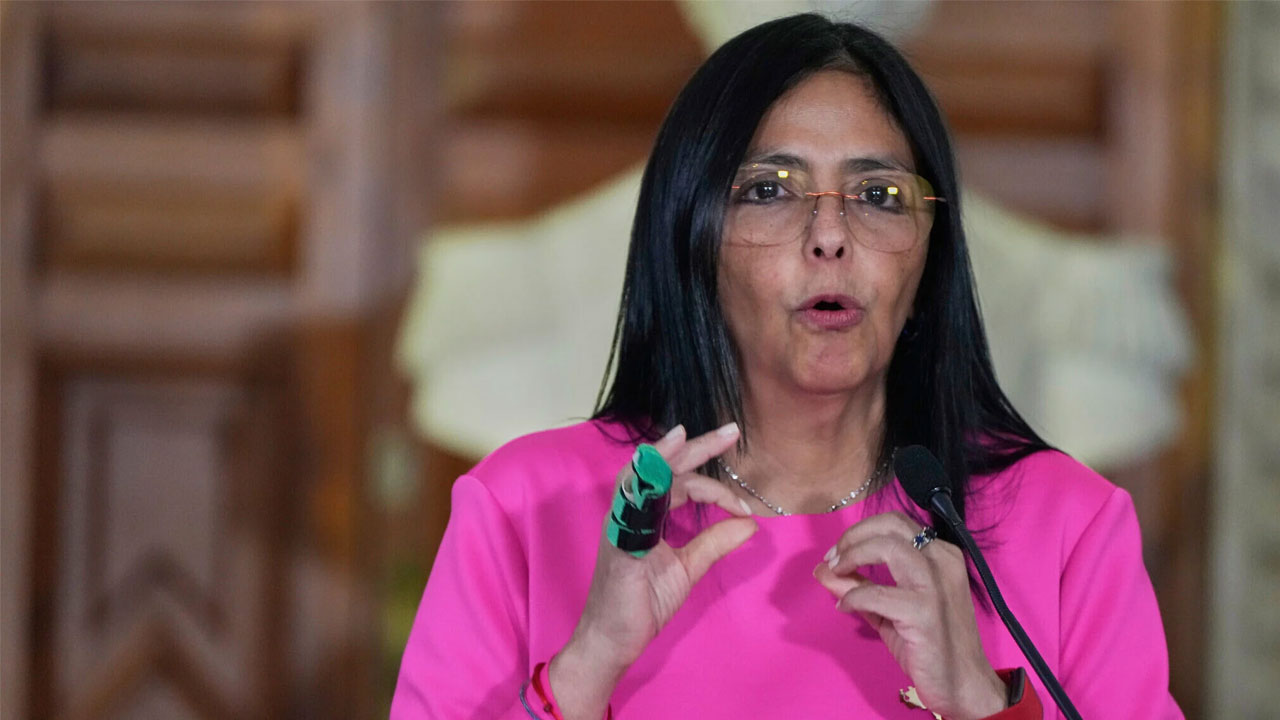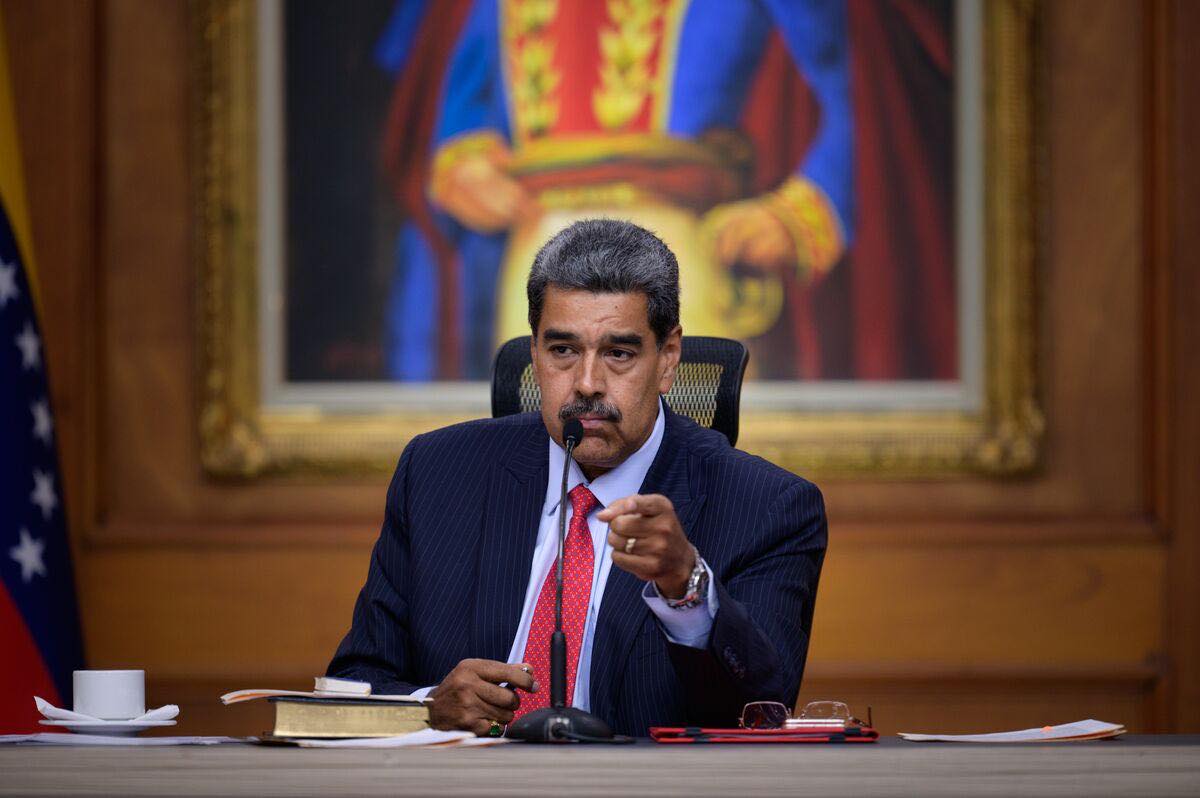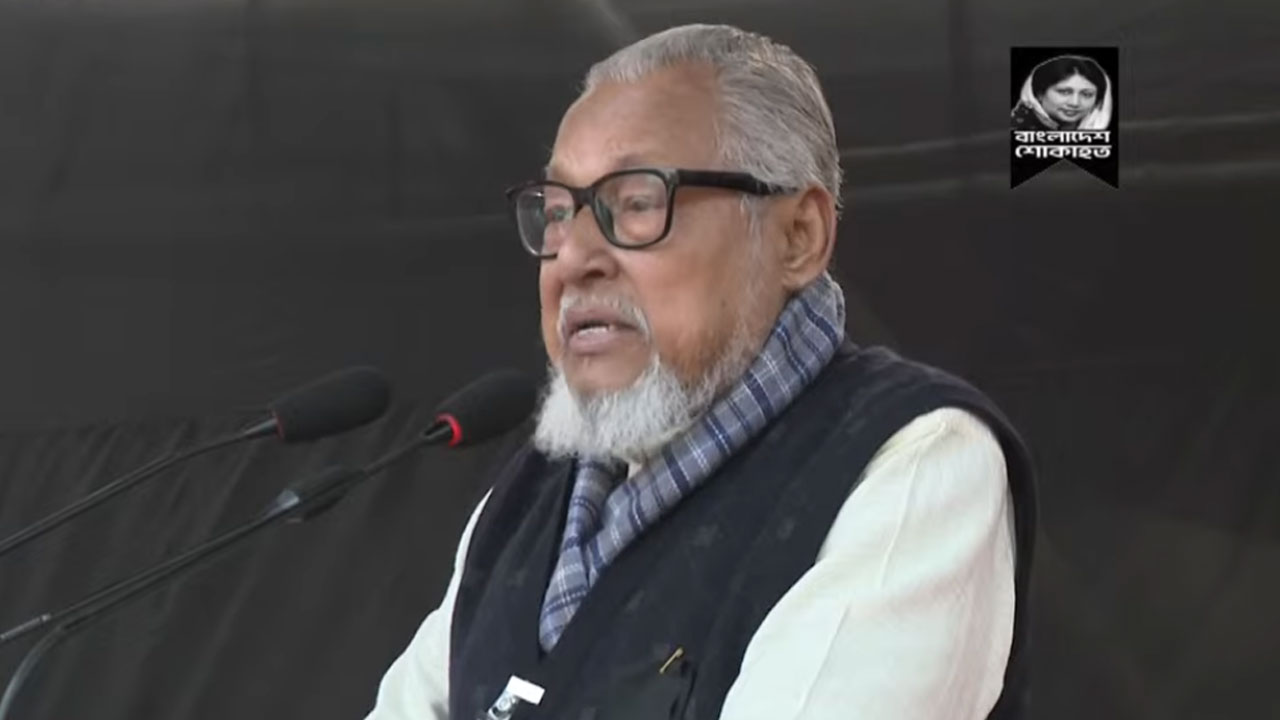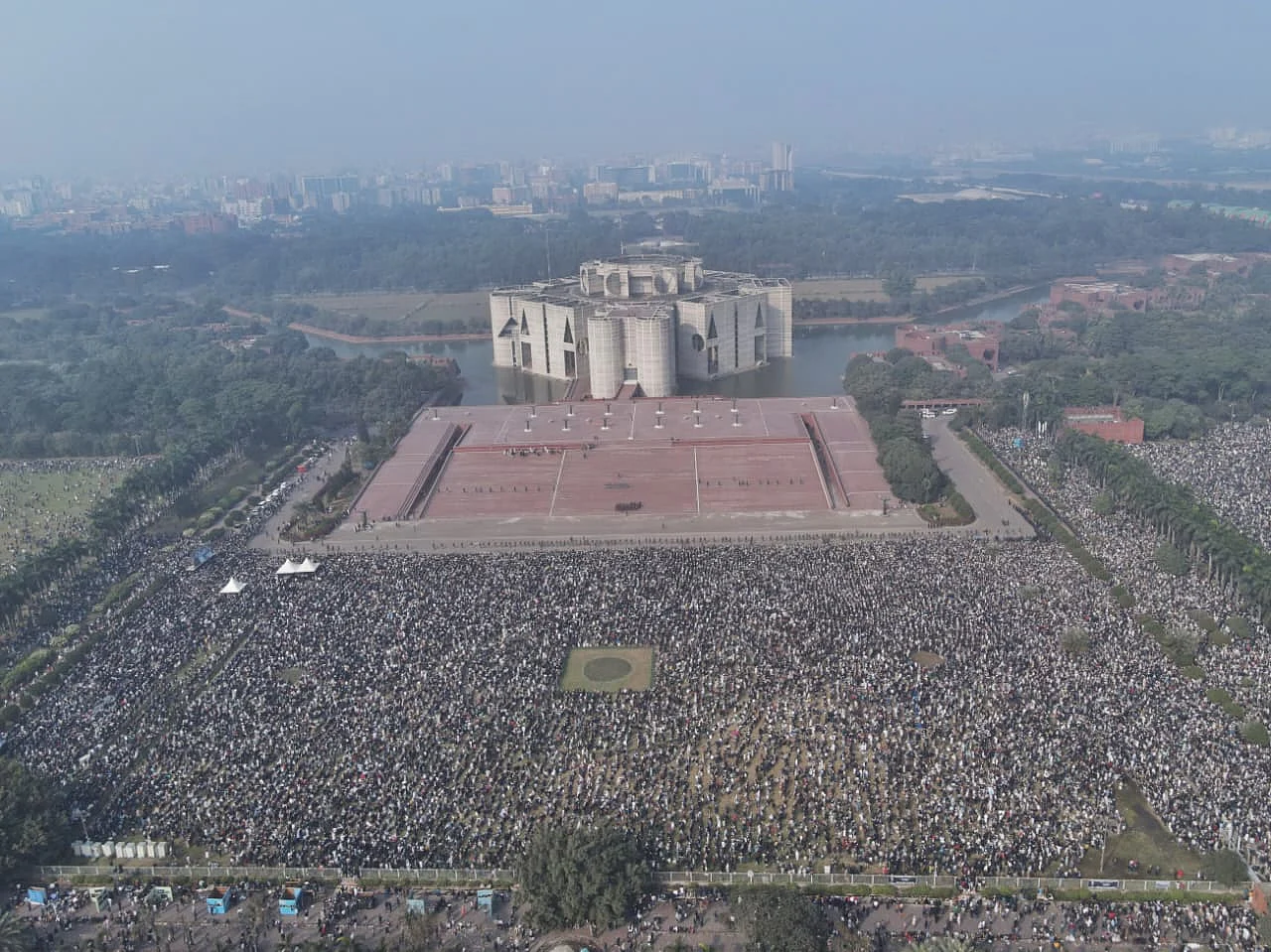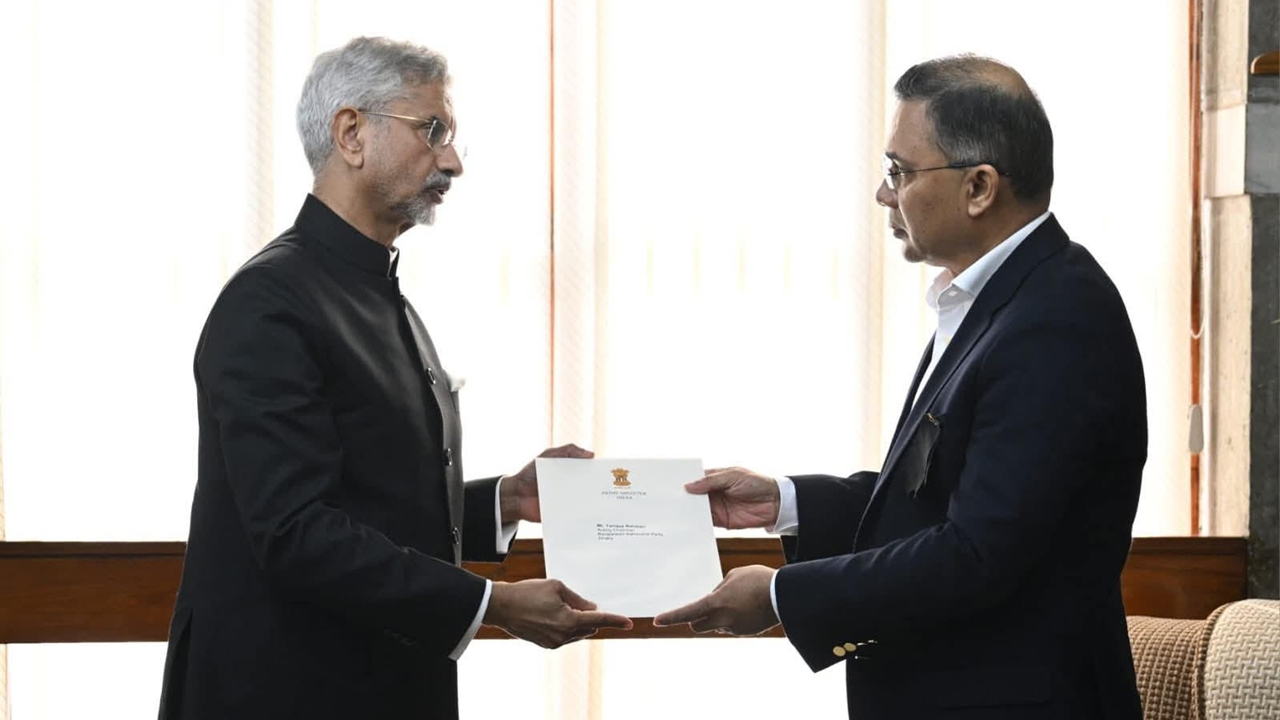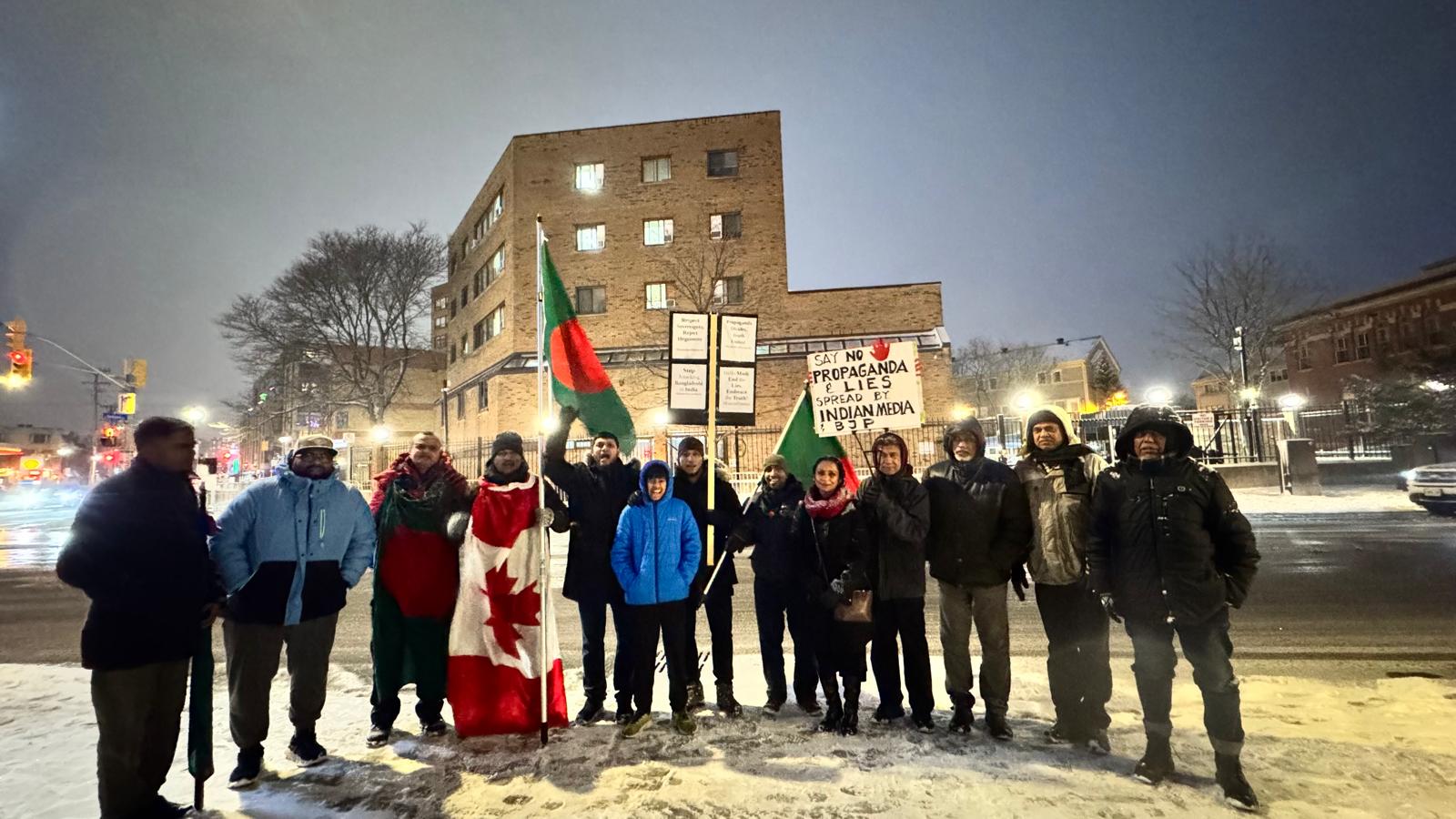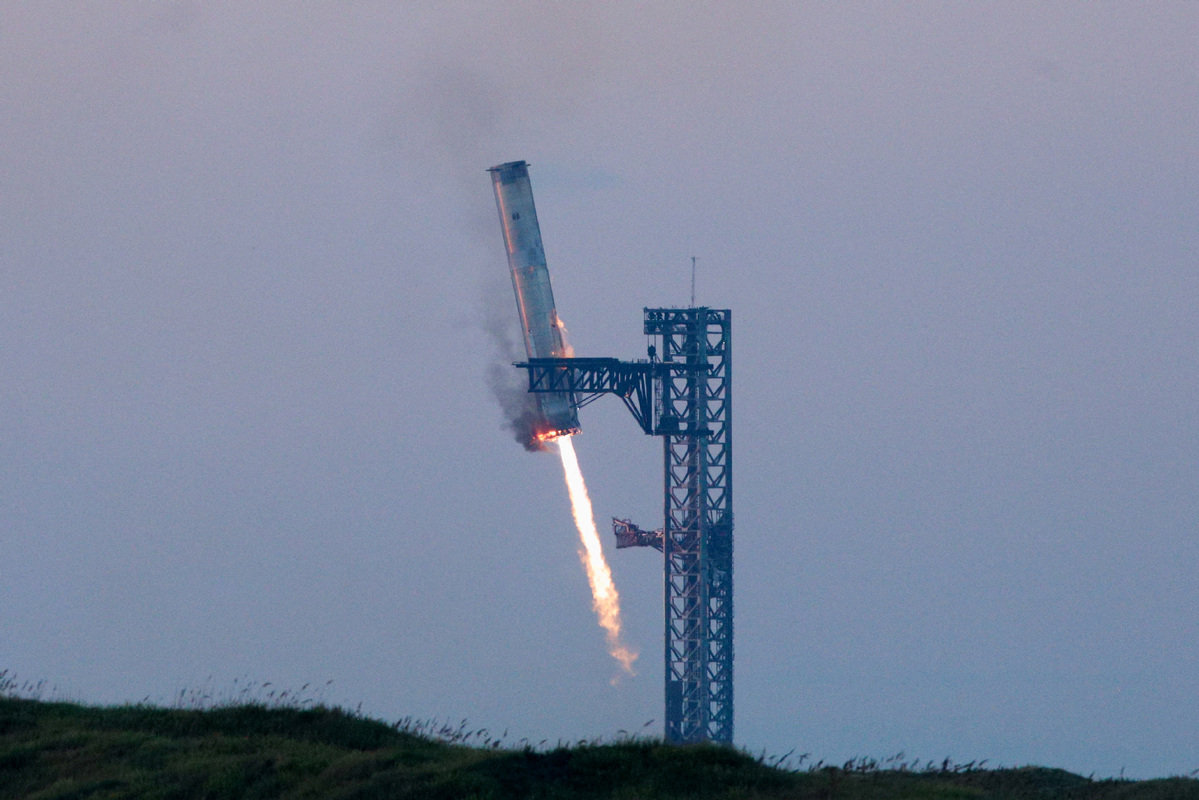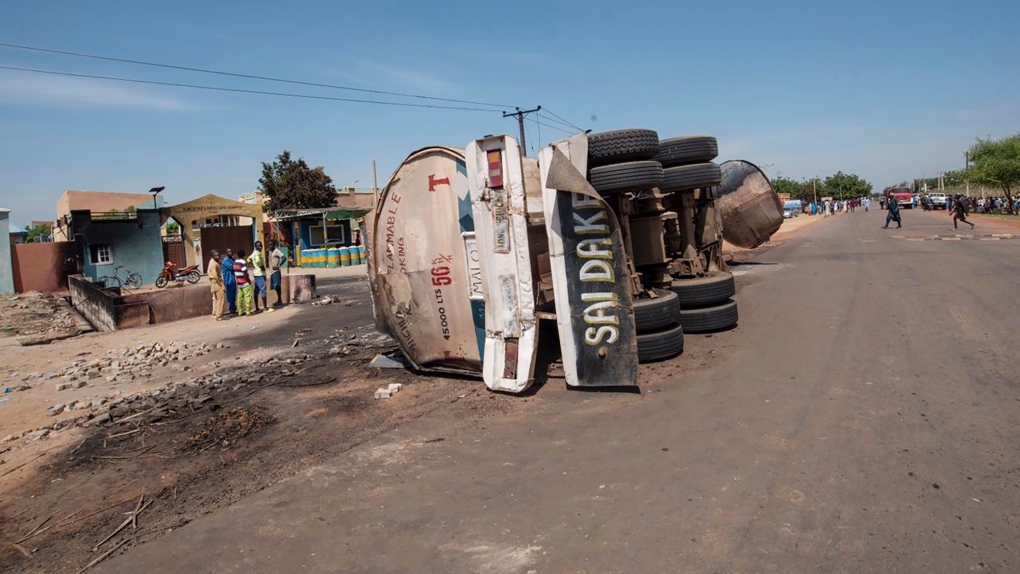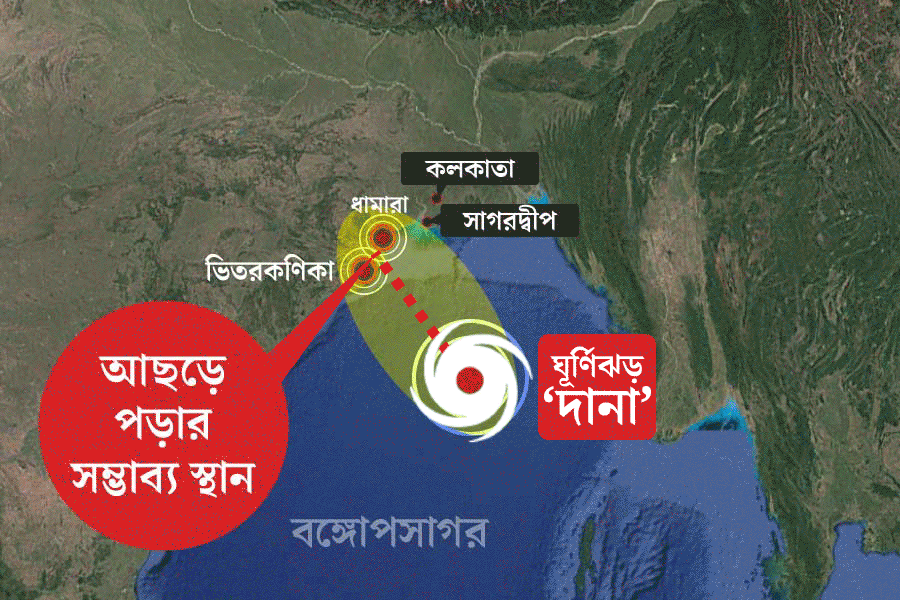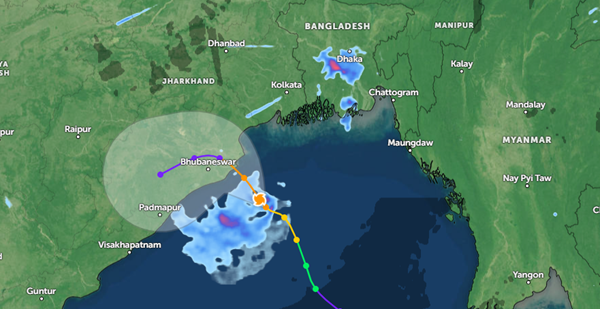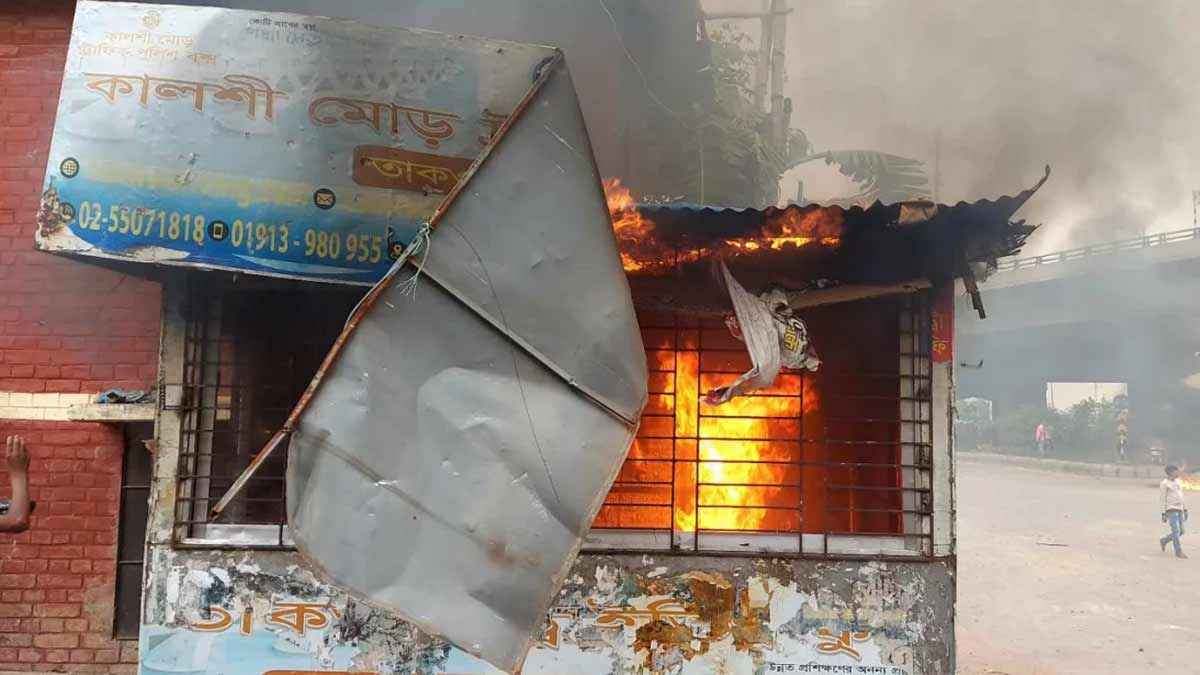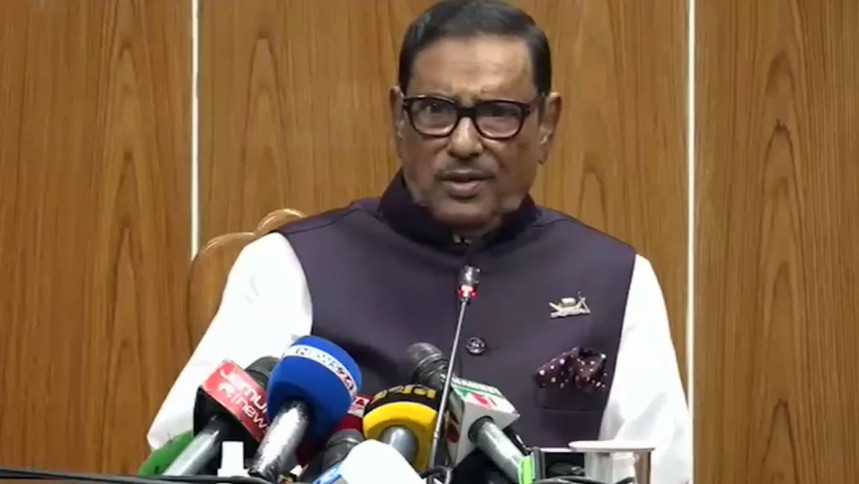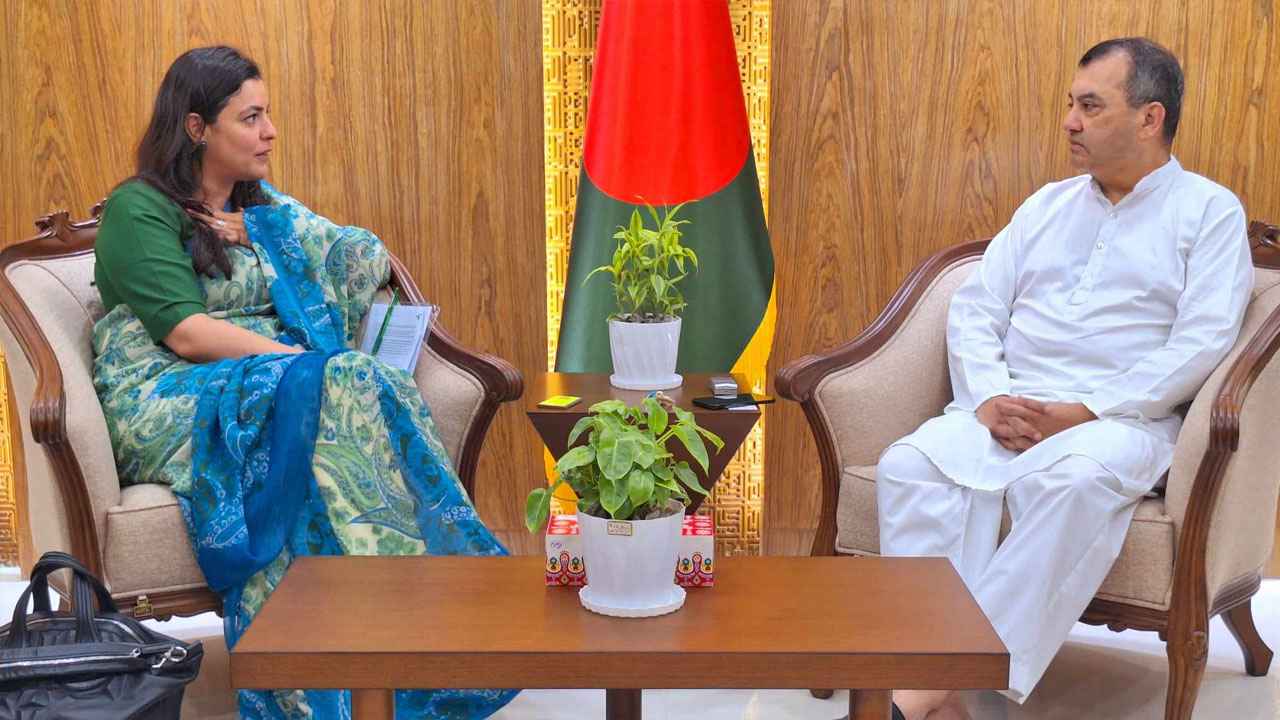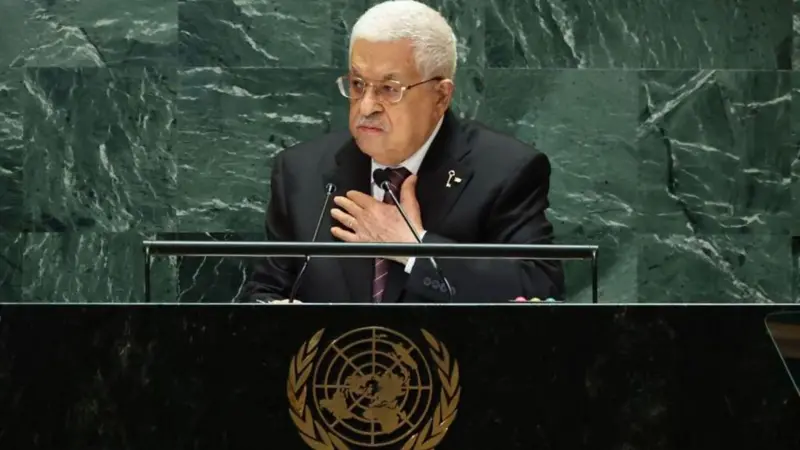
The United States has revoked the visas of Palestinian President Mahmoud Abbas and 80 other Palestinian officials to attend the United Nations General Assembly in New York next month, the State Department confirmed.
US Secretary of State Marco Rubio has accused Palestinian leaders of undermining peace efforts and seeking "unilateral recognition of a fictitious Palestinian state".
Israel welcomed the unusual decision, although the United States is usually responsible for allowing officials from all countries to participate in the UN headquarters.
The ban comes at a time when France is leading an international effort to recognize a Palestinian state at this UN session—something the Trump administration has strongly opposed.
Palestinian Ambassador to the United Nations Riyad Mansour had previously announced that Mahmoud Abbas would be present as the Palestinian representative at the meeting of heads of state.
But later, a US State Department official said that the visas of about 80 officials from the PLO and PA had been canceled.
Marco Rubio said Palestinian representatives assigned to the UN mission in New York will be able to attend the session in accordance with the UN Headquarters Agreement, which governs the United Nations' operations in the United States.
However, it is unclear whether the US move is consistent with the agreement, which states that "foreign officials shall not be prevented from participating in New York, regardless of the United States' relations with any country."
Abbas's office expressed surprise at the decision, saying, "This is a clear violation of international law and the UN Headquarters Agreement, especially when the State of Palestine is an observer member of the UN." They called on the US to reverse the decision.
Israeli Foreign Minister Gideon Saar welcomed the decision.
The Gaza Strip has long been ruled by Hamas, while the West Bank is ruled by the Palestinian Authority (PA) and its rival, the Palestine Liberation Organization (PLO). However, even in the West Bank, the PLO, led by Abbas, is struggling to govern in the face of rival factions and Israeli settlement expansion.
Abbas is also the head of the PLO, which represents the Palestinians internationally. The Palestinian state has had observer status at the United Nations since 1974, which allows it to participate in meetings but not vote.
Israeli Prime Minister Benjamin Netanyahu has repeatedly rejected the idea of a two-state solution, which would see an independent Palestinian state in the West Bank and Gaza Strip, with East Jerusalem as its capital.
Netanyahu said recognizing a Palestinian state would mean "rewarding Hamas's horrific terrorism."
On October 7, 2023, Hamas-led attacks in southern Israel killed nearly 1,200 people and took 251 hostages. In response, Israel launched a military operation in Gaza. More than 63,000 people have been killed in Gaza since then, according to the Hamas-controlled Health Ministry.
"If the PLO and PA want to be partners for peace, they must reject terrorism, especially the October 7th massacre, and stop incitement to terrorism in education, as required by U.S. law and the PLO has pledged to do," said U.S. Secretary of State Marco Rubio.
He also said that they must stop trying to avoid negotiations by filing cases against Israel in the International Court of Justice.
UN spokesman Stephane Dujarric said the UN would discuss the issue with the US State Department and hoped the issue would be resolved.
"It is important to ensure the representation of all member states and permanent observers, especially in this case, where meetings on the two-state solution are going to be held under the leadership of France and Saudi Arabia," he said.
In addition to France, the United Kingdom, Canada and Australia have announced plans to recognize the state of Palestine at the UN General Assembly.
Currently, 147 of the 193 member states of the United Nations have recognized Palestine.
However, given the lack of a recognized border between Palestine and Israel, Israeli settlements in large parts of the West Bank - which are illegal under international law - and indications of similar plans in Gaza, recognizing a Palestinian state will not change much in practice.


